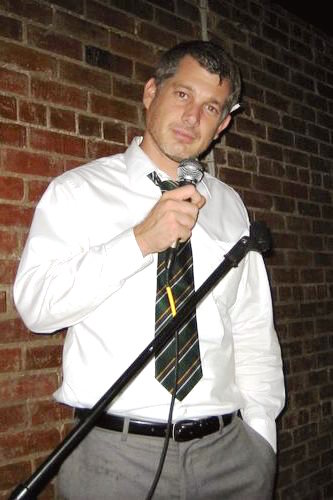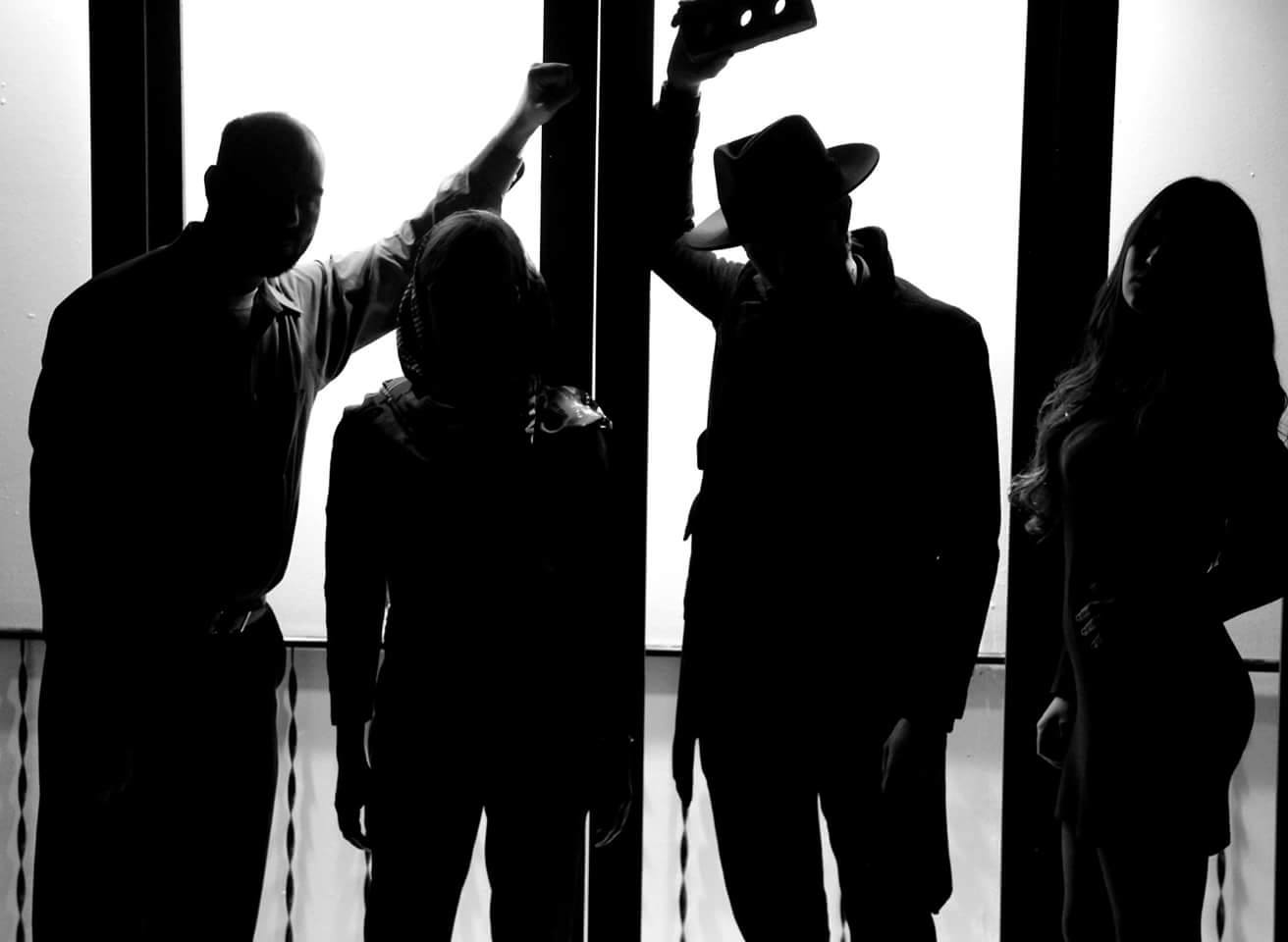| Quincy Tyler Bernstine and Judith Roberts in Death Tax, part of the 36 Annual Humana Festival of New American Plays at Actors Theatre of Louisville, 2012. Photo, Alan Simons. |
Death Tax
Written by Lucas Hnath.
Directed by Ken Rus Schmoll.
A review by Kate Barry
Entire contents are copyright © 2012 Kate Barry. All rights reserved.
This season I have seen several Actors Theatre productions, during both the Humana Festival of New American Plays and the regular season. While some plays honed in on the actors’ performances (How we Got On and Tom Sawyer), other productions provided lavish sets and spectacle of sorts (In the Next Room, Hour of Feeling). But tonight, I saw a play that was simple, sparse and without any type of frills, called Death Tax, a Faustian examination of families and trust. With this production, Actors Theatre has proven that they don’t always need spectacle to pack a powerful punch.
This play is a series of five scenes woven together by an ill elderly woman named Maxine played with conviction by Judith Roberts. Motivated by resentment, fear and anger toward her daughter, Maxine is convinced she is being murdered. A prisoner of her hospital bed, Roberts plays Maxine as an immovable force whose stubborn ferocity and fear of dying causes an intricate chain of events involving her nurse, Tina, played by Quincy Tyler Bernstine. Although Maxine appears only in the first and last scenes, her destructive influence over the other characters makes her villainous performance one you just can’t help but love.
Eventually, Tina becomes entangled in Maxine’s deceit. Affected by her relationship with her boss (Paul Niebanck) and her son in Haiti, Tina chooses to enter in a monetary agreement with Maxine with the understanding and promise of medical care. Bernstine introduces each scene and carries the audience through every interaction on stage. Her performance is quietly desperate, even while the character is forcefully determined to reunite with her long lost son. But Bernstine isn’t the only person Maxine has in her web of delusion. Danielle Skraastad plays Maxine’s hot tempered and unjustly treated daughter, who has been emotionally neglected since childhood. Skraastad’s performance contains rage and hot tempered fire as she tries to hold onto not only her share of any inheritance but also her mother’s love. Niebanck steps in as Tina’s boss as well as Maxine’s grandson in the fifth and final scene. Although he has some comedic moments as Tina’s superior and lover, by contrast, as her grandson, he provides a strong fist as he denies Maxine any type of treatment.
In conclusion, the staging of the play was striking in how space and movement function together. There is very little movement from actors within each scene. As there are only two actors, at most, at any given moment, characters are firmly planted on opposite corners of the stage, battling each other, one might even say pinning each other down, with words. This type of fascinating blocking added so much tension and stress within each scene that I found myself biting my nails with great anticipation of what was going to happen next.
Death Tax
March 20-April 1, 2012
Part of the 36th Annual Humana Festival of New American Plays
Actors Theatre of Louisville
Bingham Theater
Third & Main Streets
Louisville, KY 40202
502-584-1205




